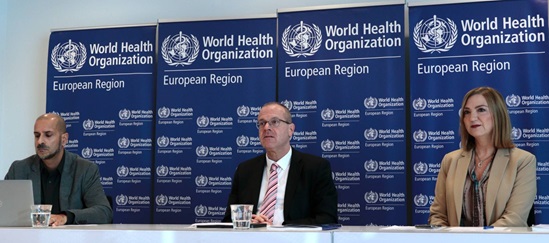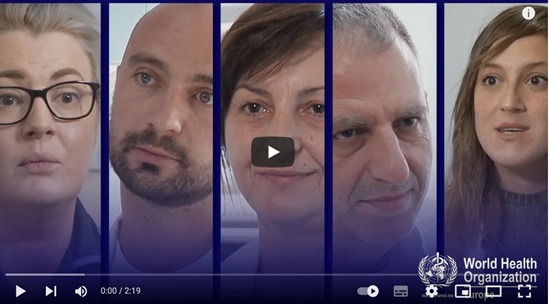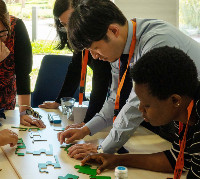Nursing and midwifery
To safeguard the future health workforce and the provision of high-quality health care, steps must be taken to ensure that nursing and midwifery are seen as attractive career options. Nurses and midwives must have a solid evidence-based education that enables them to meet the changing needs of a population by working, on their own and in teams with other professionals, along the entire continuum of health and illness. In addition, their work needs systematic evaluation to show its efficiency and effectiveness, and they need to be involved in decision-making for health policy.
WHO/Europe works closely with Member States, government chief nurses, WHO collaborating centres and other partners, such as the European Forum of National Nursing and Midwifery Associations (EFNNMA):
- to raise the level of nursing and midwifery education in the European Region;
- to create evidence-based knowledge on nursing and midwifery;
- to influence national policies that will lead to the provision of high-quality, accessible, equitable, efficient and sensitive health services











